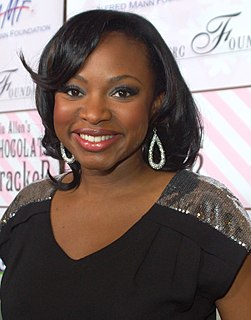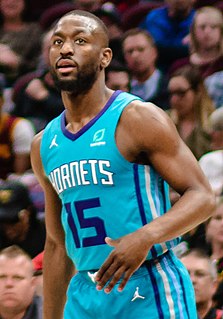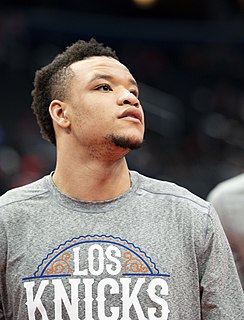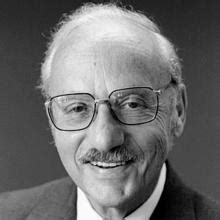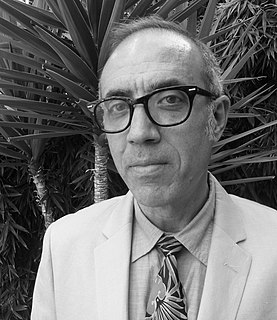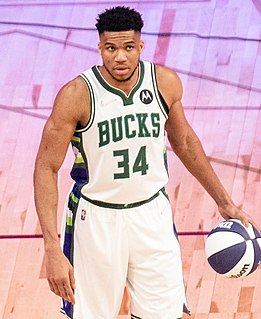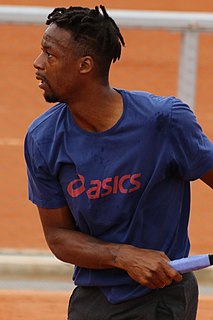A Quote by Kimberly Peirce
You try to do as much as you can on set because practical looks cool and practical looks great. Until you get to a point where the reality is you look at it - and I went through this in my last movie which was a war film, which my brother fought in Iraq and I did a ton of research and as much as I could made it documentary-like - and then at some point on set, the reality is somebody says to you, "You know, you can use a real squib and you can have three hours of clean up and you can lose five shots or we can do that blood explosion in post and you can get those five extra shots."
Quote Topics
Because
Blood
Brother
Clean
Clean Up
Cool
Could
Did
Documentary
Explosion
Extra
Film
Five
Fought
Get
Great
Hours
Iraq
Know
Last
Like
Look
Looks
Lose
Made
Made It
Movie
Much
My Brother
Point
Post
Practical
Real
Reality
Research
Says
Set
Shots
Some
Somebody
Then
Those
Three
Through
Ton
Try
Until
Up
Use
War
Which
Related Quotes
Most people look at a feature film and say, "It's just a movie." For me there is no border or wall between fiction and documentary filmmaking. In documentaries, you have to deal with real people and their real feelings - you are working with real laughter, happiness, sadness. To try to reflect the reality is not the same as reality itself. That's why I think that making a good documentary is much harder than making a good feature film.
I don't sleep much. Five to six, I'd say. You could argue that people, as they get older, sleep less - probably because they're afraid of dying at some point. I know my parents don't sleep much. I know that I used to be able to sleep until noon when I was younger. I couldn't fathom staying in bed until ten now. I wouldn't know what to do unless there's a football game on.
Or I could see Fish, Just a button up, Like a Mayor, Like a President, Just demands so much from his teammates, Has played with so many great players, But still respects everybody. He's 38 years old, And he has nothing else to prove, And I said, "Fish you wanna come get some shots up with me?" And first thing he says is "Yes." He always wants to learn. Even though he's done so much in this league, Played with so many great players, He always wants to learn, And that motivated me To know that it's never a point Where you can stop getting better. And he's a guy that made me realize that.
We played around and improvised a ton [in The Hangover], and I think it's hard to say at this point what's what. Gosh, I wouldn't even know how to take a stab at it. The script was so good that we really didn't need to improvise very much, but I think we just found a lot of moments on the set. It's really cool when you get onto the set of a movie and you start shooting the scenes and you start to actually incorporate the environment.
The practical man demands an appearance of reality at least. Always dealing in the concrete, he regards mathematical terms not as symbols or thought but as images of reality. A system acceptable to the mathematician because of its inner consistency may appear to the practical man to be full of contradictions because of the incomplete manner in which it represents reality.
The dozens of people working on this at Digital Domain, they knew that you couldn't get away with almost photo real, because we had real real in the room. You have real real in the cut every four or five shots, so you have this constant yardstick built into the footage by virtue of there being no real robot there. So it became the standard of photo reality that the VFX team had to match.


